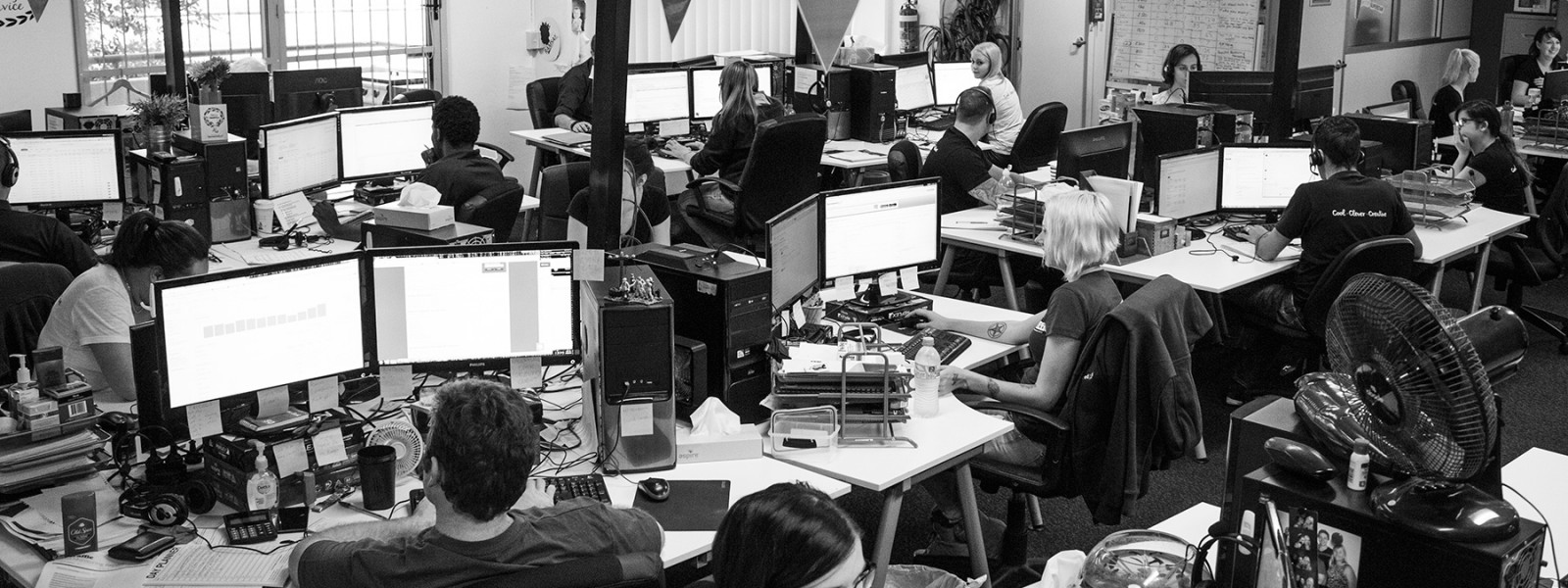-
Traffic
Get More Traffic
SponsoredLinX offers a number of different services to help drive more qualified traffic to your website. Google Ads Management Search Engine Optimisation Microsoft Ads Facebook Advertising Google Ads Mobile“SponsoredLinX are a rarity in today’s market place, they promise a lot but deliver more. Our business has grown by over 400% in one month; we are amazed at the difference they have made.”
-
Conversion
Convert More Leads
Our second step is making sure that your website is able to convert the traffic you receive into leads for your business. Optimising your website to convert more leads is important to a profitable campaign. Web Development Convertopages Do It For Me eCommerce“I just want to say thank you! The changes that you have applied in our AdWords campaign have definitely seen an improvement on click quality and sales for HippityHop.”
-
Retention
Retain Your Customers
As you build up a customer base you need to make sure to keep engaged and retain your relationship. LinX App“SponsoredLinX fully redesigned our main company website with a fresh, clean and professional look. The ‘Google friendly’ web design were part of the fantastic ongoing service we received.”
A Conflict Of Pinterest?
Rapidly becoming the fastest growing social network in history, Pinterest is a Web 2.0 site dedicated to the sharing of pictures and artwork through the social medium.
However, a snag has appeared in the entire process, despite the website protecting itself against copyright claims. A massive amount of users are uploading photos that they do not own the rights to, and until it is tested in a court of law, no one can agree on whether the website and its users are violating digital copyright laws.
Those who believe that copyright is infringed by unauthorised use of images on Pinterest state the letter of the law is abundantly clear and does violate federal digital copyright laws in Australia. However, the legal minds on the other side of the fence believe that the website and its users are protected by the Fair Use clause in digital copyright legislation.
Media lawyer Itai Maytal told Ninemsn that his legal opinion is that if images fall under the Fair Use clause; the users and website are protected from litigation.
If you are an account holder on Pinterest, consider the images you have uploaded that you do not own.
- The purpose and character of use, including whether such use is of commercial nature or is for non-profit educational purposes
- The nature of the copyrighted work (is it factual or fictitious)
- The amount and substantiality of the portion (of the work) used in relation to the copyrighted work as a whole
- The effect of the use upon the potential market for, or value of, the copyrighted work.
Maytal did however mention, the majority of these images have a weak case to make if they were to cite the Fair Use clause.
With no legal precedent, and to date no legal challenge pending, there is very little ability to gauge the amount of liability an individual user or the Pinterest website would possess. As is always the case, the law fails to continually keep up with technology, and the introduction of a proper legal definition for social media use of copyright materials is well overdue but certainly not on the horizon. Thus the safest policy is prevention. Don’t upload photos or pictures that you do not own or possess authorisation for – this should be the standard policy users undertake when using Web 2.0 and social media sites.

